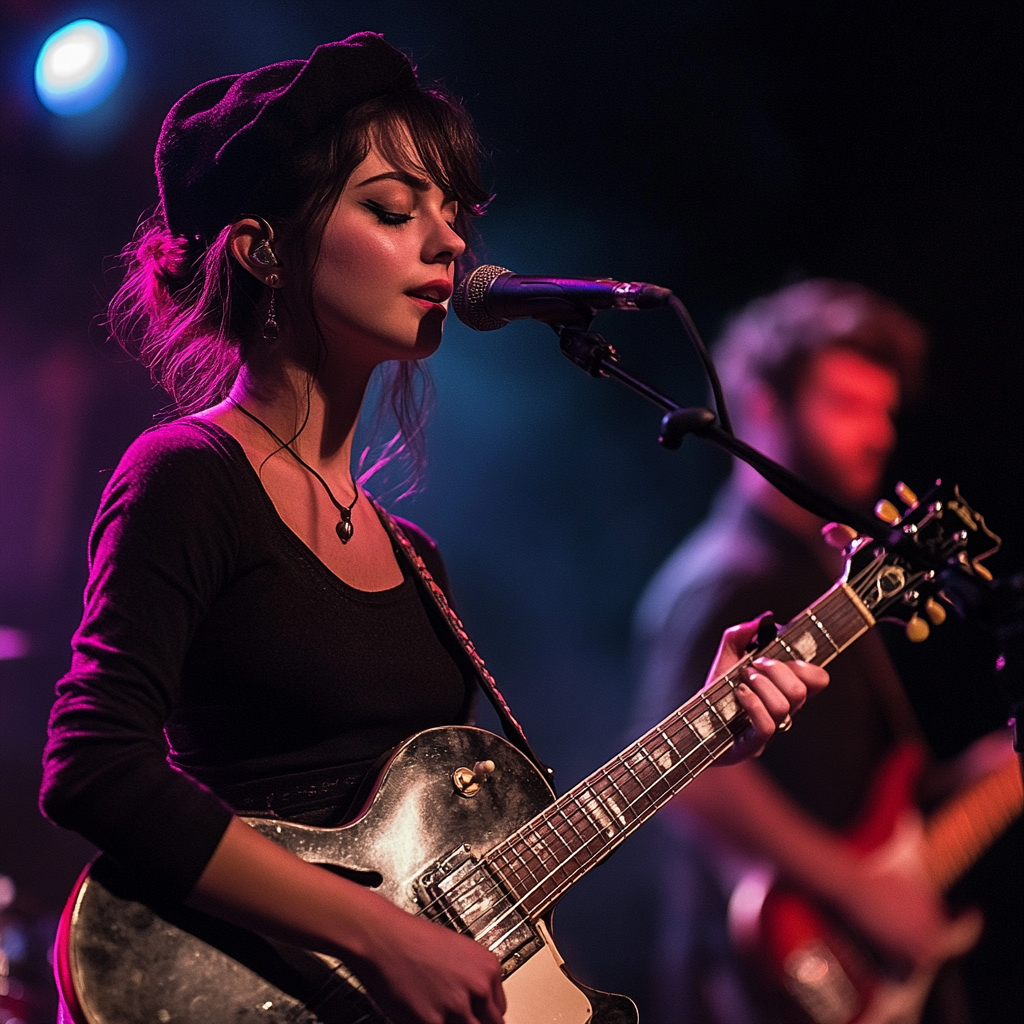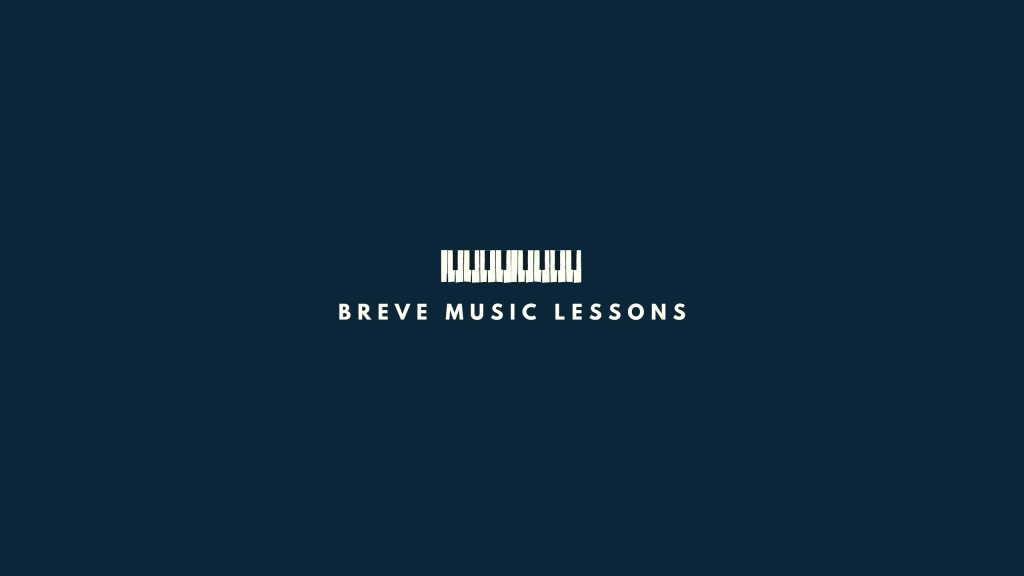Table of Contents
How Much Does It Cost To Go On Tour?
Going on tour is a significant milestone for any artist in the music industry, whether they are a local band or a major artist. However, understanding the costs involved in planning a tour is crucial for ensuring its success. This article will discuss the various expenses associated with touring, how ticket prices influence profitability, and strategies for maximizing revenue through merch sales. We will also explore the challenges of DIY tours in the digital age, providing insights for artists looking to hit the road.

What Are the Major Costs Involved in Going on Tour?
Understanding Ticket Sales and Their Impact on Tour Costs
One of the primary sources of revenue for any tour is ticket sales. The amount generated from concert tickets can significantly impact the overall tour budget. When planning a tour, artists must consider the venue capacity, ticket pricing, and expected attendance. For instance, a major tour with a large venue can yield substantial ticket sales, while a local band may have to adjust their expectations based on smaller venues. The cost to go on tour can vary greatly depending on these factors, and artists must ensure that their ticket sales cover the costs of touring, including production expenses and transportation.
How Production Expenses Affect the Overall Budget
Production expenses are another critical component of the tour budget. These costs include everything from sound and lighting equipment to stage design and crew salaries. For a big tour, these expenses can add up quickly, often reaching thousands of dollars per show. Artists must work closely with their tour manager to create a detailed budget that includes all production costs. Additionally, hiring a booking agent or promoter can help negotiate better deals with venues, potentially reducing production expenses and maximizing profit margins.
What Are the Transportation Expenses for a Tour?
Transportation is a significant cost to consider when planning a tour. Whether traveling by tour bus, van, or air, the expenses can accumulate rapidly. For a long tour, fuel costs, vehicle maintenance, and lodging for the crew must all be factored into the budget. Many artists opt for tour buses to provide comfort and convenience, but this can also increase the overall cost of touring. Additionally, if the tour includes multiple cities, artists must account for the logistics of moving equipment and personnel from one location to another, which can further impact the tour cost.
How Do Higher Ticket Prices Influence the Cost to Tour?
Analyzing the Relationship Between Ticket Prices and Tour Profitability
Higher ticket prices can significantly influence the cost to tour and the overall profitability of a live show. When artists set their ticket prices, they must consider the costs included in the tour budget, such as production and transportation expenses. If ticket prices are too low, artists may struggle to break even, especially if they are on a long tour with high overhead costs. Conversely, setting ticket prices too high can deter fans from attending, leading to lower ticket sales. Striking the right balance is essential for maximizing revenue while ensuring fans can afford to enjoy the concert experience.
What Factors Contribute to Higher Ticket Prices?
Several factors contribute to higher ticket prices, including venue size, artist popularity, and production quality. Major artists often command higher ticket prices due to their established fan base and the high production values associated with their shows. Additionally, if a tour includes special guests or elaborate stage setups, these factors can also drive up costs, necessitating higher ticket prices. Artists must carefully evaluate these elements when planning their tour to ensure they remain competitive while covering their expenses.
How to Set Ticket Prices for Maximum Revenue
Setting ticket prices for maximum revenue requires a strategic approach. Artists should analyze their target audience and consider factors such as local market conditions and competing events. Utilizing dynamic pricing strategies can also help optimize ticket sales, allowing prices to fluctuate based on demand. Moreover, offering tiered pricing options, such as VIP packages or early bird discounts, can attract a broader audience while maximizing revenue potential. Ultimately, a well-thought-out pricing strategy is essential for ensuring the financial success of a tour.
How Much Does It Cost To Go On Tour?
Essential Elements of a Comprehensive Tour Budget
A comprehensive tour budget should include all essential elements necessary for a successful tour. This includes production costs, transportation expenses, lodging, per diems for tour members, and marketing expenses. Additionally, artists should allocate funds for unexpected costs that may arise during the tour, such as equipment repairs or last-minute travel changes. By creating a detailed budget that encompasses all aspects of the tour, artists can better manage their finances and ensure they are prepared for any challenges that may arise.
How to Calculate Per Diems for Tour Members
Calculating per diems for tour members is an important aspect of tour management. Per diems are daily allowances provided to crew members for meals and other expenses while on tour. The amount allocated for per diems can vary based on the location and cost of living in each city. Artists should research local prices and set a reasonable per diem that allows crew members to cover their expenses without overspending. This not only helps maintain morale among the team but also ensures that everyone is adequately supported during the tour.
Estimating Lodging Costs for a Successful Tour
Lodging costs are another critical component of the tour budget. Artists must decide whether to book hotels, use Airbnb, or rely on other accommodations. The choice of lodging can significantly impact the overall cost of touring. For example, booking a hotel for a long tour can quickly become expensive, while utilizing Airbnb may offer more affordable options. Additionally, artists should consider the location of their accommodations in relation to the venues to minimize transportation costs. By carefully estimating lodging costs, artists can ensure they stay within budget while providing comfortable accommodations for their crew.
How Can Merch Sales Offset the Cost of Touring?
Strategies for Maximizing Merch Sales on Tour
Merch sales can play a vital role in offsetting the cost of touring. Artists should develop a strategy for maximizing merch sales during their tour, which can include offering exclusive items, bundling products, and creating limited-time offers. Setting up a visually appealing merch booth at each venue can also attract fans and encourage purchases. Additionally, engaging with fans through social media and email marketing can help promote merch sales before and during the tour, driving additional revenue.
What Types of Merch Are Most Profitable?
When it comes to merch, certain types tend to be more profitable than others. Apparel, such as t-shirts and hoodies, often generates significant sales due to their popularity among fans. Other profitable items can include accessories, posters, and vinyl records. Artists should consider their brand and audience when selecting merch items to ensure they resonate with fans. Additionally, offering unique or limited-edition items can create a sense of urgency and drive sales, further contributing to the overall profitability of the tour.
How to Effectively Market Merch During a Tour
Effectively marketing merch during a tour is essential for maximizing sales. Artists should leverage social media platforms to showcase their merch and create buzz around new items. Engaging with fans through live streams, behind-the-scenes content, and exclusive offers can also encourage purchases. Additionally, promoting merch during live shows, such as mentioning it from the stage or displaying it prominently, can help drive sales. By implementing a comprehensive marketing strategy, artists can significantly increase their merch revenue and offset the costs of touring.
What Are the Challenges of DIY Tours in the Digital Age?
How to Book a DIY Tour Without a Promoter
Booking a DIY tour without a promoter can be challenging, especially for independent artists. However, with the right resources and strategies, it is possible to successfully plan and execute a tour. Artists should start by researching potential venues and reaching out to booking agents to secure dates. Networking with other local bands and artists can also provide valuable insights and connections. Utilizing online platforms and social media can help streamline the booking process and promote the tour effectively.
What Resources Are Available for Independent Artists?
Independent artists have access to a variety of resources that can aid in planning a DIY tour. Online platforms, such as Bandcamp and SoundCloud, allow artists to share their music and connect with fans. Additionally, websites like ReverbNation and Sonicbids offer opportunities for artists to find gigs and submit to festivals. Social media platforms also serve as powerful tools for promotion, enabling artists to engage with their audience and build a following. By leveraging these resources, independent artists can navigate the challenges of touring and increase their chances of success.
How to Leverage Social Media for Tour Promotion
Social media is an invaluable tool for promoting a tour in the digital age. Artists can use platforms like Instagram, Facebook, and Twitter to share updates, engage with fans, and create excitement around their upcoming shows. Posting behind-the-scenes content, tour announcements, and interactive polls can help build anticipation and encourage ticket sales. Additionally, collaborating with influencers or other artists can expand reach and attract new audiences. By effectively leveraging social media, artists can enhance their tour promotion efforts and increase their chances of a successful tour.
Additional Reading
More blog posts can be found here. Consider following Breve Music Lessons on Facebook.
